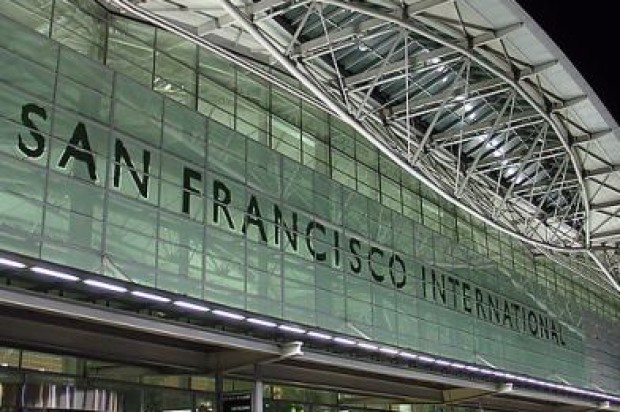
Last week the Federal Aviation Administration implemented two new measures for foreign airlines flying into San Francisco International Airport, an agency spokesman said.
The first modification to normal landing procedures for foreign airlines is to require solo approaches onto San Francisco’s parallel runways, FAA spokesman Ian Gregor said.
Instead of landing simultaneously onto twin runways 28L and 28R the FAA is directing foreign carriers to alternate landings to “minimize distractions during a critical phase of flight,” Gregor said.
Another change at the two runways is recommending the use of GPS as an alternative landing instrument for foreign carriers.
Pilots can choose to land visually or by using an “instrument approach system,” which has been unavailable for runway improvements. Until the indicator system is available in late August, the FAA is assigning devices that will provide guidance during landings.
Gregor said these actions were implemented after the FAA noticed an increase in go-arounds, or aborted landings, at SFO by some foreign carriers.
Go-arounds are a routine procedure, that Gregor said often occur once a day or more.
The FAA changes come just weeks after the deadly Asiana Airlines Flight 214 crash on runway 28L on July 6.
The National Transportation Safety Board is investigating the cause of the crash that left three dead and injured about 180 people, some critically.
The runway was closed for nearly a week following the crash landing.
According to early findings from the federal investigation one of the pilots called for an aborted landing when the plane came in too slow and low, but crashed before they could attempt a second landing.
Another crewmember asked for a go-around one-and-a-half seconds before crashing, according to investigators.
The NTSB will have a complete report on the incident within 12 to 18 months.
Sasha Lekach, Bay City News









